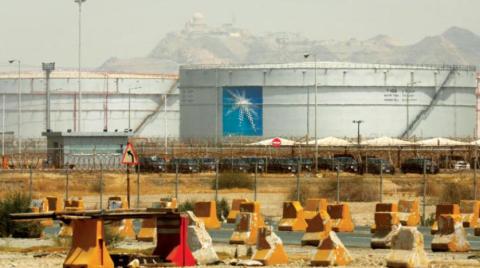
European Union member states have agreed to put a $60 a barrel price cap on Russian oil after Poland, which was holding out, gave the green light to the deal.
In an effort to reduce the Kremlin’s income from fossil fuels, the EU has agreed to limit the amount that can be paid for seaborne oil to curtail Moscow’s ability to finance its war in Ukraine.
The price cap also aims to avert a surge in global oil prices after the EU’s embargo on Russian crude takes effect on 5 December.
The US has been concerned that the EU ban on Russian oil imports combined with a price cap set too low could lead to a worldwide increase in the price of oil, tipping the west further into recession and sparking popular protests.
Warsaw had held out on approving the deal in order to examine an adjustment mechanism to keep the cap below the market price – having pushed in negotiations for the cap to be as low as possible.
Poland’s ambassador to the EU, Andrzej Sadoś, said on Friday that the mechanism in the final deal would keep the price cap at least 5% below the market rate.
However, security experts from the CSIS thinktank have suggested a cap at $60 is toothless since it is above the price of existing Russian oil prices of about $52 a barrel.
It has been estimated that Russian oil is sold at a profit from $40-$45 a barrel, but Russia’s true extraction costs are hard to estimate.
The cap is expected to be formally announced on Sunday, and oil embargoes in the EU and G7 will begin next week.
The G7 is setting its own price cap, which will allow non-EU countries to continue importing seaborne Russian crude oil using western insurance and maritime services as long as they do not pay more a barrel than the agreed limit.
The initial G7 proposal last week was for a price cap of $65-$70 a barrel with no adjustment mechanism. Since Russian Urals crude already traded lower, Poland, Lithuania and Estonia pushed for a lower price.
EU countries have wrangled for days over the details, with those countries adding other conditions to the deal – including that the price cap will be reviewed in mid-January and every two months after that, Reuters reported.
The move comes before a meeting of the Organization of the Petroleum Exporting Countries and its allies on Sunday. Opec+ is widely expected to stick to its latest target of reducing oil production by 2m barrels a day, a decision which was met with anger by the US president, Joe Biden.












